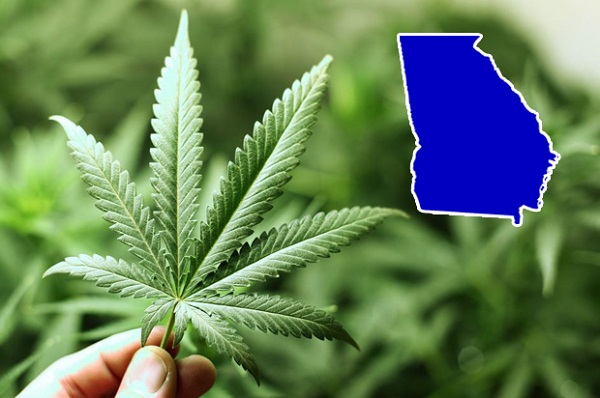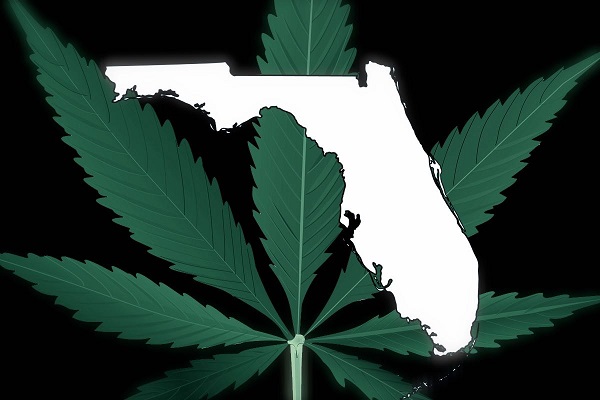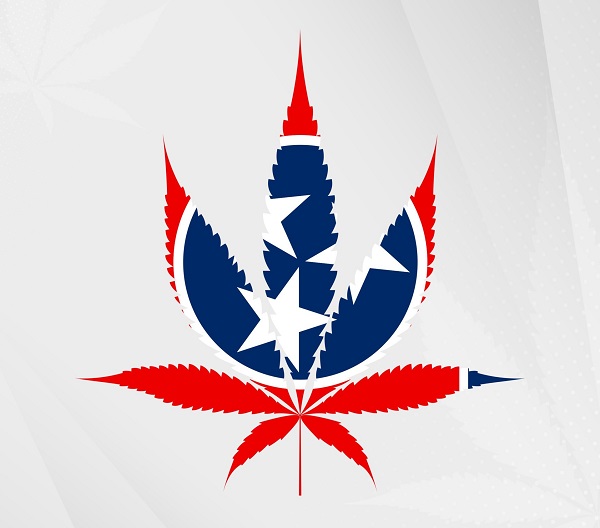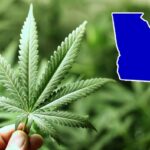Marijuana is often used as a remedy for headaches and migraines. However, it can also cause or aggravate them. Fortunately, there are ways to cure marijuana headaches and even prevent them from occurring.
What Causes Marijuana Headaches?
Marijuana headaches are usually caused by either a marijuana hangover or marijuana withdrawal. The type of cannabis can also play a role in whether you experience headaches from the substance.
Marijuana Hangovers
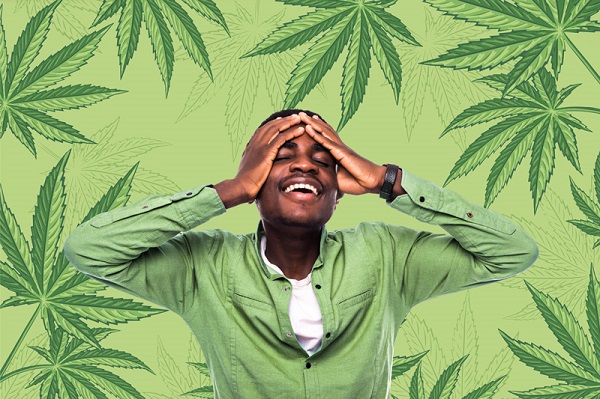
After using weed or alcohol, you may wake up with symptoms of a hangover the next day. One of the possible symptoms of a weed hangover is a headache. As with alcohol, the cause of the headache may be dehydration, which can usually be mitigated by drinking water.
Withdrawal From Marijuana
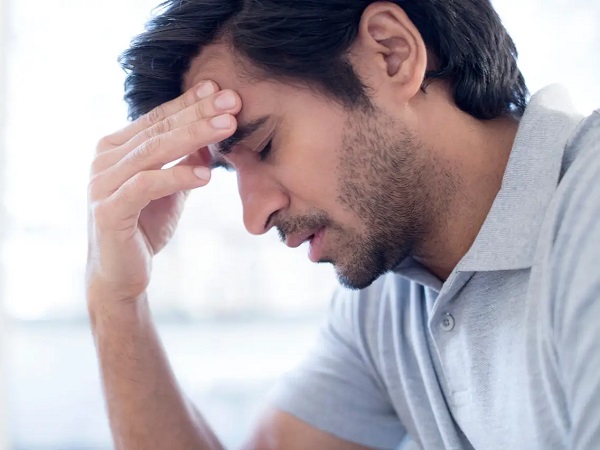
If you suddenly stop using marijuana after heavy or long-term use, you may experience a mild form of withdrawal, sometimes known as cannabis withdrawal. Withdrawal symptoms may include headaches or migraines. One study found that 23% of people who went through withdrawal from cannabis experienced headaches.
Withdrawal headaches usually get worse within a week of stopping cannabis use and usually decrease in intensity about 10-20 days after stopping use.
Stopping cannabis use can also cause rebound headaches — also known as “medication overuse headaches” — in people who use cannabis to treat headaches or migraines.
Types of Cannabis That Can Cause Headaches
For a short period, headaches and migraines can be triggered by eating foods high in THC. Concentrates and hashish are two examples. When you smoke cannabis, the resulting ash can make you cough. The combination of inhaling ash and coughing can cause a headache.
Smoking and vaping can also make headaches worse for some people. While this is less common, headaches can also occur after using CBD products.
Difference Between Hangovers from Weed and Alcohol
With a weed hangover, you may experience the following symptoms when you wake up:
- Brain fog
- Feeling groggy
- Feeling less alert
You may also experience headaches, dry eyes, dry mouth, tiredness and lethargy, nausea, and poor memory.
Alcohol hangover symptoms are similar. With an alcohol hangover, you may experience severe nausea and vomiting, dehydration, headaches, poor memory, difficulty concentrating, anxiety, and dizziness.
Despite similar symptoms, hangovers from alcohol and weed affect the body in different ways. Weed hangovers are usually milder and more tolerable than alcohol hangovers. Weed hangovers also don’t affect the liver like alcohol, and while cannabis isn’t a toxin, alcohol is.
Symptoms
Cannabis headache symptoms may depend on the type of headache you are experiencing. Also, remember that if your headache is caused by a hangover or withdrawal from cannabis, you may also experience related symptoms.
Cluster Headaches
Cannabis can trigger cluster headaches in some people. These headaches usually affect one side of the head, usually around the eye.
Migraine Headaches
Migraine pain may worsen or occur after cannabis use. In addition to pain, other migraine symptoms may include nausea, vomiting, temporary loss of vision, increased sensitivity to light, and spotting or flashing.
Sinus Headache
As mentioned, smoking or vaping marijuana can cause sinus headaches. They are usually described as pressure around the eyes, cheeks, and forehead.
Ways to Treat Marijuana Headaches
There are several things you can do to treat marijuana headaches. After all, what works for one person may not work for another. Sometimes it is best to combine the following treatments.
Stay hydrated
Although cannabis does not directly cause dehydration, dehydration is associated with headaches. Drinking a couple of glasses of water when you have a headache can help relieve it.
Take Pain Relief
Over-the-counter medications can help relieve headaches. These can include aspirin, paracetamol, and ibuprofen. If you choose to use medication, be sure to take the correct dose, and consult with a medical professional if you have any uncertainties.
Eat Something
Eating something is especially important if you wake up hungover in the morning after using cannabis. Focus on a nutritious breakfast that contains carbohydrates, protein, and a healthy source of fat.
Caffeine
Caffeine can help treat headaches. However, keep in mind that caffeine can worsen headaches in some people, so use small amounts and don’t overdo it.
Massage and Apply a Cold Compress
Massaging your head and temples can help reduce headache pain. It may also help to apply a cold compress to your head.
Prevention
Quitting cannabis is the easiest way to prevent related headaches. However, there are ways to prevent them if you want to continue using cannabis.
To prevent adverse health effects from cannabis use, such as weed hangovers that can come with headaches, you can:
- Choose less concentrated strains: Choosing strains with a lower concentration of THC or using balanced THC-to-CBD cannabis products may help prevent headaches.
- Change the method of use: To prevent a weed hangover and the associated symptoms such as a headache, it may help to choose non-smoking cannabis ingestion methods since smoking and coughing can cause headaches.
- Reduce the frequency of cannabis use: If you experience headaches after using cannabis, you may wish to reduce the frequency of use. Avoid using cannabis every day or most days of the week.
- Stay hydrated: Staying hydrated is an important preventative measure for headaches, as well as a treatment for them. Make sure to drink water before, during, and after using cannabis.
- Avoid mixing products: Avoid mixing alcohol with cannabis. This can help to avoid the hangover and headache that either can cause.
Conclusion
While some people use medical cannabis to relieve headaches and migraines, others may experience headaches due to coughing from inhaling cannabis ash, withdrawal after chronic and heavy use, or as a hangover symptom the day after cannabis use.
To treat a headache, focus on drinking water and eating, massaging your temples and applying a cool compress to your head, and taking over-the-counter medications if necessary. You can also prevent headaches by reducing the frequency of use and changing the way you use cannabis.
Frequently Asked Questions
How long does it take for a weed headache to go away?
The length of the weed headache likely depends on what is causing the headache. If it’s caused by marijuana withdrawal, studies show that it can last up to 20 days. If a hangover causes a headache, it may go away within 24 hours.
Can inhaling weed give you a headache?
While much of the evidence is based on anecdotal claims, it is believed that inhaling weed, such as smoking or vaping, can cause headaches, especially when coughing from the ash.



